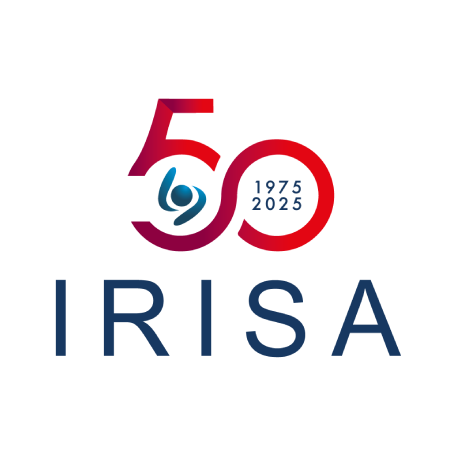NETWORKS, TELECOMMUNICATION AND SERVICES (D2)
The research of the Network, Telecommunications and Services Department concerns the implementation and evaluation of communication networks adapted to the increasing heterogeneity in terms of terminals, applications and interaction modes. The main activities carried out within this department concern:
- The evaluation of different network metrics, solutions and network architectures;
- The proposal of network services (e.g. mobility management) taking into account the complexity and multiple constraints inherent to the field;
- The implementation of highly constrained and/or highly mobile networks, such as the Internet of Things and intelligent transport systems (ITS).
A particular feature of this department is to have an evolutionary vision of networks and the Internet, in connection with the socio-economic world: the aim is to evolve the existing to meet the new challenges raised by the evolution of services and uses, rather than to completely redefine infrastructures and protocols. Focusing on constrained and volatile networks (e.g. IoT) and taking into account user satisfaction (via quality of experience for example) and contextual information reflecting the state of the network give rise to original work on many complementary aspects.
The department relies on a wide range of skills, from theory (with, for example, game theory, stochastic modeling, optimization, graph theory) to practice (with, for example, advanced software developments at both the user and protocol stack levels) and protocol proposal (requiring algorithmic knowledge and technical knowledge of systems and networks). Last but not least, our evolutionary approach allows us to be at the heart of standardization committees (especially interesting productions at IETF and ISO), and allows us to be close to the economic sector and to have significant transfers to industry.
To date, the department is organized around 5 research teams: ADOPNET, CASA, ERMINE, EASE and OCIF. The members of the department continuously increase the quality of their scientific production by being present at the most important conferences in our field. A long-term involvement is present in standardization and diversifies partnerships with the socio-economic world. The department's bibliometric rate is close to 150 publications per year, over the last decade, mainly in leading journals and conferences.
